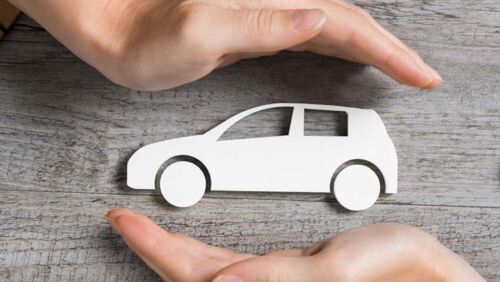Why buying a used car is about to get more affordable
By Toby Hagon
Buying a used car used to be fairly simple and a logical choice for many: people bought them because it was cheaper than shelling out on a brand new set of wheels.
But anyone who ventured into the occasionally perplexing world of used cars over the past couple of years will know that hasn't always been the case.
In many instances used cars have been more expensive than buying a new one. In other words, someone made a profit on buying a new car and selling it soon afterwards.
Blame it on supply and demand. The COVID pandemic convinced many to add to their garages, prompting a surge in demand for cars.
Manufacturers have not been able to build enough new vehicles to keep up with demand. Some of those buyers who wanted a new car paid above the odds to skip lengthy waitlists by buying a near-new one, often with less than 100km on the odometer. The added pressure on the used car market flowed from top to bottom, increasing prices.
But that is changing.
Data provided by Moody's Analytics from September shows used car prices eased for four months in a row, mimicking an anecdotal trend that shows advertised prices on many popular models are easing across websites such as Carsales.
Katrina Ell is a senior economist at Moody's Analytics and expects the trend to continue.
"We've seen quite significant falls in the past couple of months, which is a positive sign for the used car market," she says, pointing to improvements in supply chains that is helping wait lists shorten for many popular new cars.
"It's a sustained cooling in used vehicle prices that we expect to continue to occur into next year."
But there are still speed humps that could flow through to that used car market.
Toyota Australia senior vice president of sales, marketing and franchise operations Sean Hanley says there are shortages of some materials - including semiconductors, or microchips - that is constricting the production of new cars.
"It is becoming clearer by the day that the supply challenge is not going to be solved as quickly as we'd all hoped," he says. "Our best estimate is that the semiconductor shortage ... is likely to continue through 2023."
Hanley says unprecedented new car demand has been extending wait lists, something that has some dealers registering new cars to then sell them almost immediately as a used vehicle with a higher price tag.
"At Toyota, production is at near record levels and demand in Australia has been extraordinarily high," says Hanley.
But Ell believes tougher economic conditions could ease pressure on the other side of the supply-and-demand equation.
"Increasingly what we will see is that the demand environment will weaken," she says.
"Households are under a lot of pressure at the moment in terms of dealing with elevated inflation, higher borrowing costs from the RBA rate heights. As those pressures continue to materialise we will expect to see that the demand environment will soften so households won't be out purchasing as many new cars as they were this time last year, so that's also going to have flow-on impacts to weaker demand for used vehicles."
But there are still lengthy waits for some new models, including some off-road vehicles.
Try to splash six figures on the latest Toyota LandCruiser, for example, and you could be waiting a year or more. Opt for its more utilitarian 70-Series model and dealers won't even accept your deposit.
"We've paused that car," says Hanley. "I wouldn't see that car coming off [the sales pause] in the next six months at least. We've got to clear the current order bank, that's our priority."
Again, such pressure on the new market turns some to used examples, in turn pushing prices up.
Ford, too, is dealing with six-month-plus waits on some V6 versions of its Ranger ute, although opt for the four-cylinder and you can take delivery much sooner.
Other brands have changed their model mixes and eliminated some of the features on the vehicles to reduce the number of semiconductors required to produce them.
"We've done a lot to overcome those industry challenges," says Michelle Rowney, head of product for Volkswagen passenger vehicles in Australia.
Volkswagen sales in the first nine months of 2022 slumped 33% due largely to stock shortages.
But the company says the worst is over.
"For the next couple of months we've got amazing stock arriving," says Rowney. "We've done a lot to improve our stock situation."
Get stories like this in our newsletters.



